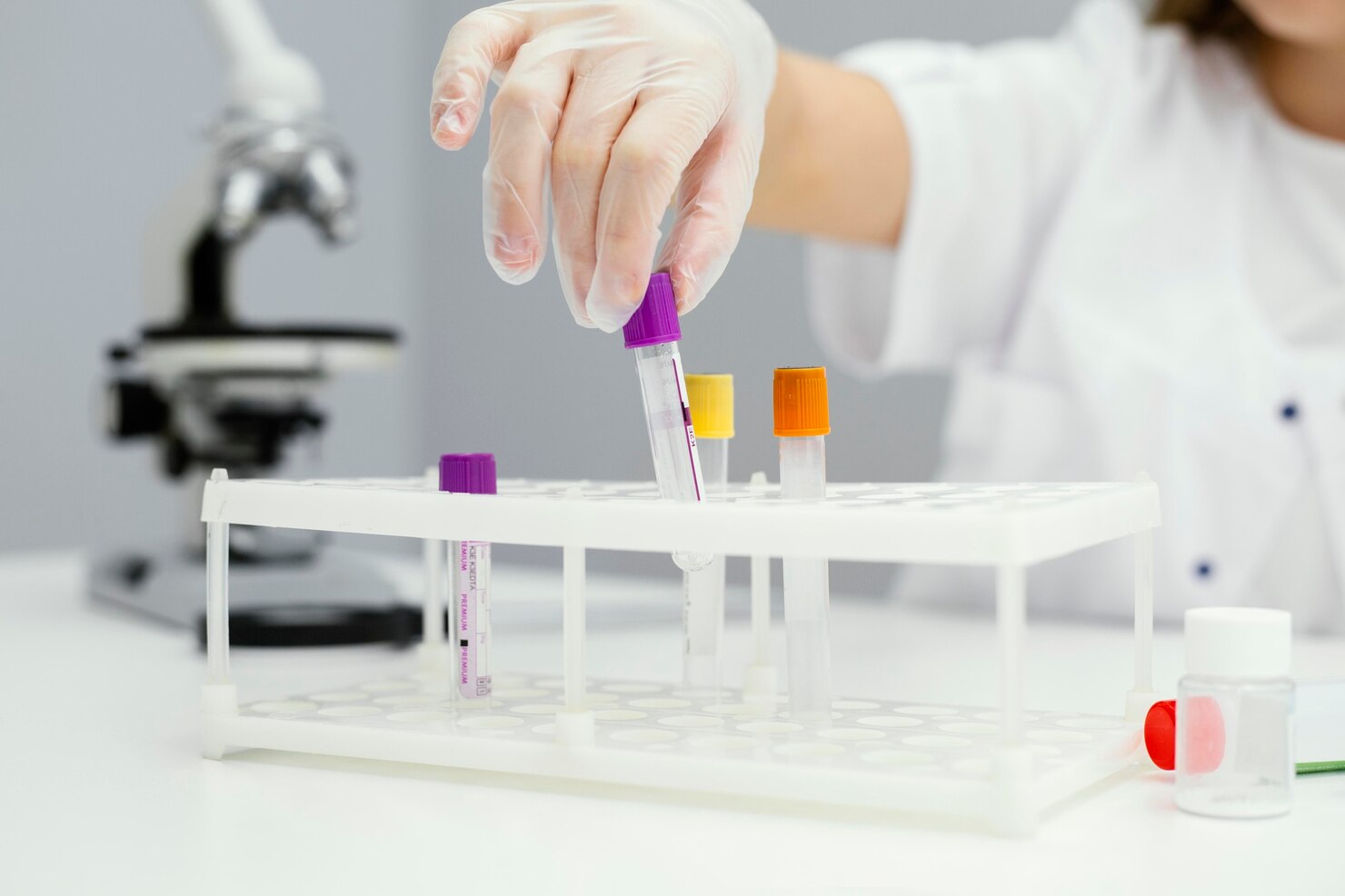The Current State of Cancer Screening
Traditional cancer screening methods involve physical procedures that can feel uncomfortable and invasive to patients. For example, colonoscopies, a common screening procedure for colorectal cancer, require the insertion of a flexible tube into the colon to examine the intestinal lining while mammograms, a screening technique for breast cancer, require compressing breast tissue between two plates for imaging.
Techniques like these sway people away from early cancer screenings, with 24% of 45-year-olds neglecting screening due to uncomfortable procedures. Furthermore, 65% of Americans 21 years of age and older report not being up to date on at least one routine cancer screening.
How Startup Flomics Can Help
Startup Flomics, based at the Barcelona Biomedical Research Park (PRBB) and specializing in biotechnology and genomics, is dedicated to addressing one of today’s most pressing biomedical challenges: cancer. Specifically, their focus is on developing a technique for early diagnosis to enable prompt treatment of this disease.
Founded in late 2018 by João Curado, Luis Korrodi, Esther Lizano, and André Guedes, all affiliated with the Centre for Genomic Regulation (CRG) and Pompeu Fabra University (UPF), the company embarked on its journey with determination.
Their approach involves using liquid biopsies, next-generation sequencing of RNA molecules, and artificial intelligence to detect various types of cancer from a single blood sample. Unlike traditional diagnostics focusing on detecting mutations in cell-free DNA (cfDNA), Flomics’ method analyzes cell-free RNA (cfRNA). This is because RNA reflects the dynamic manifestation of the genome and differs between cell types, making it possible to differentiate between different types of cancer from a single blood sample.
Additionally, cfRNA can originate not only from cancer cells but also from adjacent cells involved in fighting the tumor, providing a better chance of success in detecting cancer, especially in its early stages.
Next-Generation Sequencing (NGS) revolutionizes genomic analysis by enabling rapid and cost-effective sequencing of DNA and RNA. This advanced technology allows for the simultaneous sequencing of millions of DNA fragments, providing insights into genetic variations, gene expression patterns, and microbial diversity. Flomics leverages NGS across their genomic services to drive innovation in cancer detection, metagenomics analysis, infectious disease surveillance, and customized research projects.
By harnessing the power of NGS, Flomics empowers researchers and clinicians with comprehensive genomic solutions, paving the way for advancements in personalized medicine and precision healthcare.
Related articles: How to Shift to, Grow, and Build Circular Economy | 5 Indian Sustainable Startups to Watch This Fall | Five Sustainable Startups From Bogotà | 4 Ways to Reduce Plastic Pollution | 5 Alternative Protein Startups to Watch | 9 Sustainable Startups From the Baltic Countries to Watch | Why We Need a Transformative Circular Economy | 5 Disruptive Circular Economy Startups to Watch
Startup Flomics Services
Flomics provides a variety of personalized services for potential clients’ Next Generation Sequencing (NGS) needs. These include:
- Cancer Biomarkers: Startup Flomics offers specialized services to identify relevant biomarkers for different cancers. By developing and perfecting advanced techniques such as NGS mutation panels, Flomics can support clinicians and researchers in unraveling the molecular underpinnings of cancer. Their expertise in cancer biomarkers is crucial in advancing personalized medicine and improving patient outcomes in oncology.
- Metagenomics: Flomics provides end-to-end solutions for metagenomic projects, including 16s rRNA and shotgun sequencing to allow for the differentiation of multiple microbial species in complex samples. As a result, researchers partnering with startup Flomics can gain valuable insight into microbial communities and their impacts on human health.
- SARS-CoV-2: Amidst the COVID-19 pandemic, Flomics further developed its services to provide NGS-based solutions for identifying new COVID-19 variants. The company created a fully automated NGS Cloud Analysis Platform offering end-to-end support from experimental setup selection to customized data reporting. Through this platform, users can stay up-to-date with SARS-CoV-2 genome databases through the cloud, allowing for viral variant identification.
- Custom R&D Projects: Startup Flomics also offers customized R&D projects, collaborating with clients to address niche research challenges.
What’s Next for Startup Flomics?
In March 2024, Startup Flomics announced the closing of a €1.1 million funding round. João Curado, CEO and co-founder, announced that this financial support will go towards preclinical studies and clinical trials, eventually.
Moreover, startup Flomics recently acquired the Illumina NextSeq 2000, a powerful tool known for its ability to conduct whole genome sequencing, RNA sequencing and metagenomic analysis at a swift rate. This tool upgrades Flomic’s sequencing process, lowering costs while enhancing data output.
By 2024, Flomics hopes to release a diagnostic kit for lung and colon cancer on the market. By 2026, the company hopes to present updated kits for five types of cancer.
The team remains hopeful that they can create widespread impacts beyond cancer. They want to expand this technology to other diseases, such as COVID-19, Alzheimer’s, and multiple sclerosis. While the technology may be different, startup Flomics certainly has the potential to create life-altering procedures for diseases once thought to be incurable.
Editor’s Note: The opinions expressed here by the authors are their own, not those of Impakter.com — Cover Photo Credit: Testalize.me









